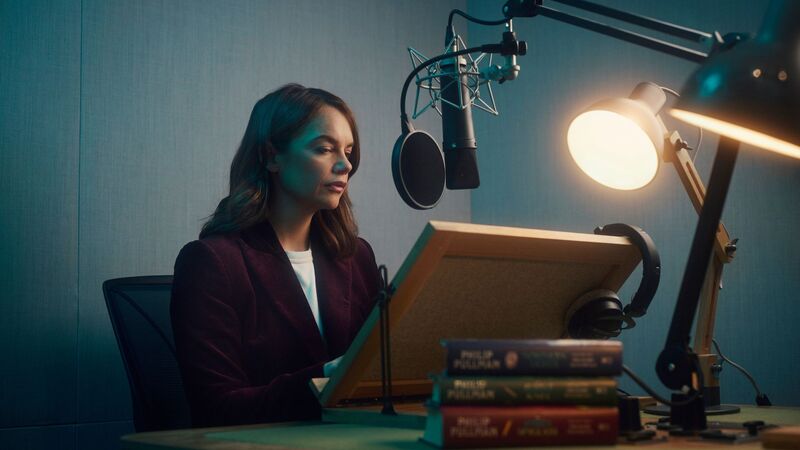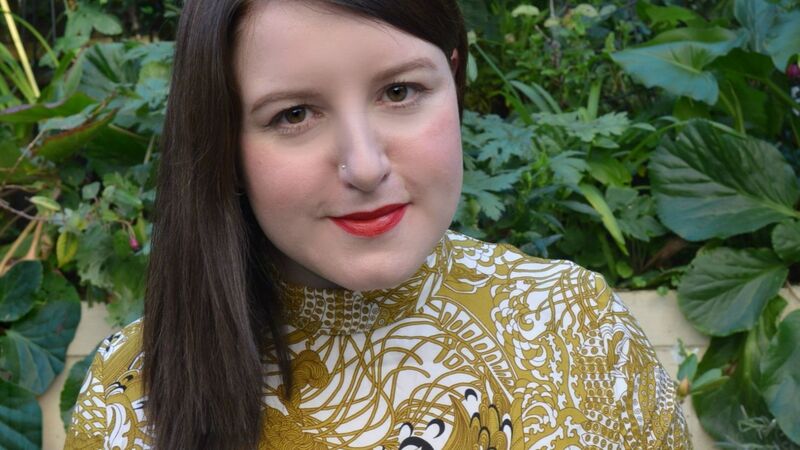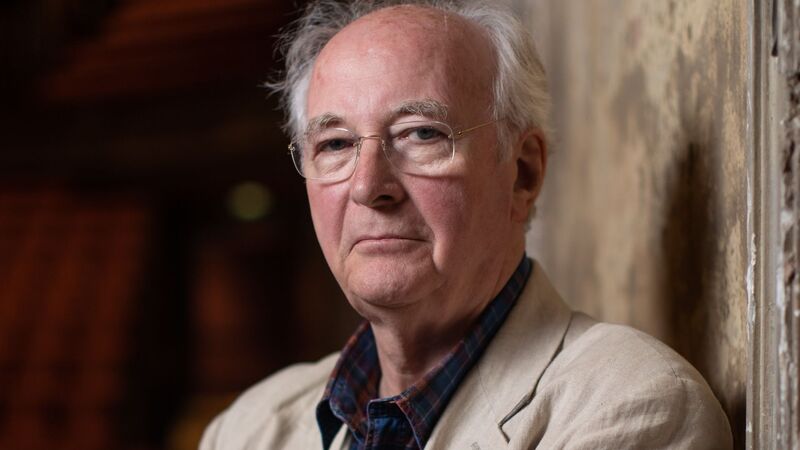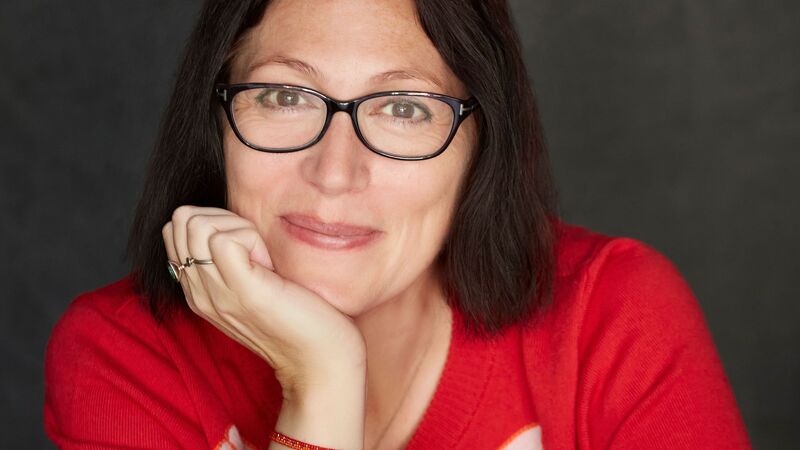You are viewing your 1 free article this month. Login to read more articles.
Call the Midwife: Fickling reveals advice that has shaped his four-decade career
"I don’t know!" David Fickling laughs when asked why so many brilliant children’s authors have wanted to work with him over the course of his career. The founder of David Fickling Books can count discovering Philip Pullman and partnering Jacqueline Wilson with Nick Sharratt among his professional achievements, but says he is not a calculated editor and has only recently learnt how to describe what he looks for in a manuscript.
"I’m always looking for the essence of the story: the voice, the feel, how good the prose is," he says. "If I read something and really love it, then I know it is right and that means I must do something about it."
Back in the 1970s Fickling was a "dirty arts graduate" who didn’t know what to do as a career. But he had used books as a means to escape his four "noisy" brothers growing up, and remained an inveterate reader. He first worked at Dillons University Bookshop (now a branch of Waterstones) but after getting married he wrote to Oxford University Press and took a job as a "readers adapter", meaning he rewrote classic books for foreign students.
At OUP he met the man who became his mentor, Ron Heapy, who got Fickling into kids’ books when he announced: "Children’s books—come on, we’re making them!" Heapy had been charged with taking over OUP’s children’s department after Mabel George, who ran that side of the business successfully for many years, stepped down. "Replacing her was hard," Fickling explains. "I think we were the third people sent in to have a go, but there was such an opportunity because we inherited these fantastic authors—like K M Peyton, who had just published Flambards— and Rosemary Sutcliff, who was an extraordinary woman."

Fickling spent 10 years at OUP and adored the job, despite having to cycle in from outside Oxford every day because he couldn’t afford to either run a car or live in the city. And it was there he met and befriended Pullman, who sent him the manuscript for Ruby in the Smoke. Fickling also worked with some of the biggest names of the late-20th century, among them Wilson and Gillian Cross—the latter he published as part of a series of exciting and accessible titles he had commissioned called Eagle Books.
Double Act
In 1987 he was hired to put together Doubleday’s first (and celebrated) hardback list, and took Pullman, Cross and Wilson with him. In 1991 he moved to Scholastic, where he had a "tremendous" time publishing Pullman’s Northern Lights trilogy, as well as the bestselling Goosebumps and Horrible Histories series. "At Scholastic I worked with the most tremendous young editors. When I arrived, an executive of some kind told me to ‘cut some dead wood’ but I realised people had been locked in by financial restraints," he says. "So instead, I let the genies out of the bottles! When I left turnover was, I think, £17m— up from around £700,000."
Now, of course, Fickling runs his own business. He says one of the advantages of being a small outfit is that its authors feel like they are "inside" the company. "People in large corporations have no control over contracts and if a book isn’t successful, they are moved around willy-nilly. We like to give the author some continuity."
Heapy used to tell Fickling "it’s not your book David", advice he still puts into practice. "Writing a book is a very, very hard thing, and I was taught as a young editor that authors choose you; you don’t choose them," he says. "As an editor you have to tell the truth but authors need to know you want them to do their best work. I’m a midwife, really."
David Fickling will be speaking at this year's Children's Conference on 24th September. The final few tickets are available here.














